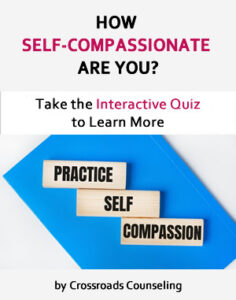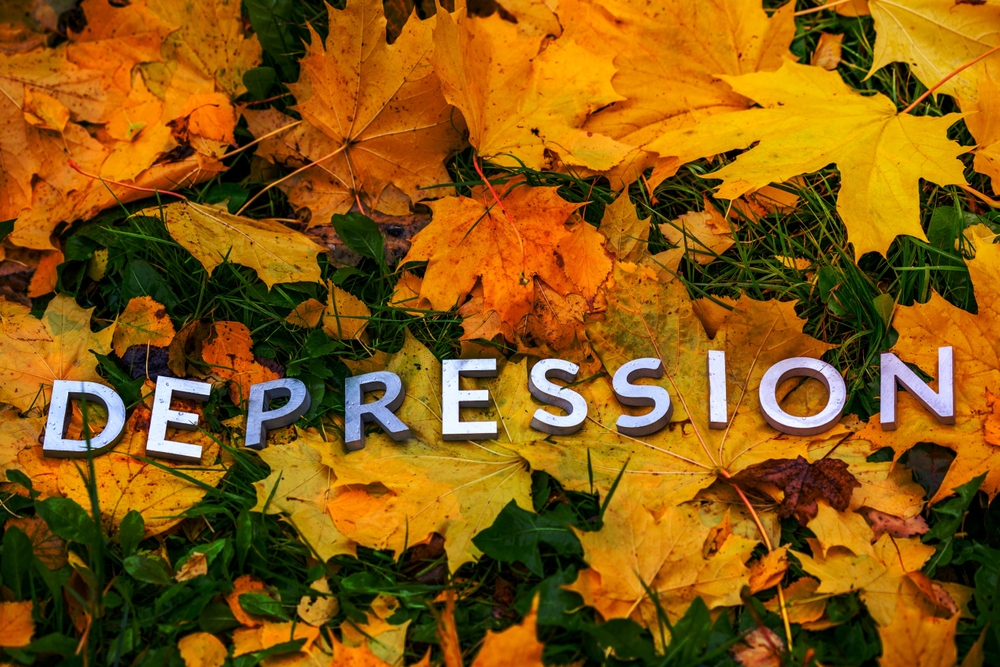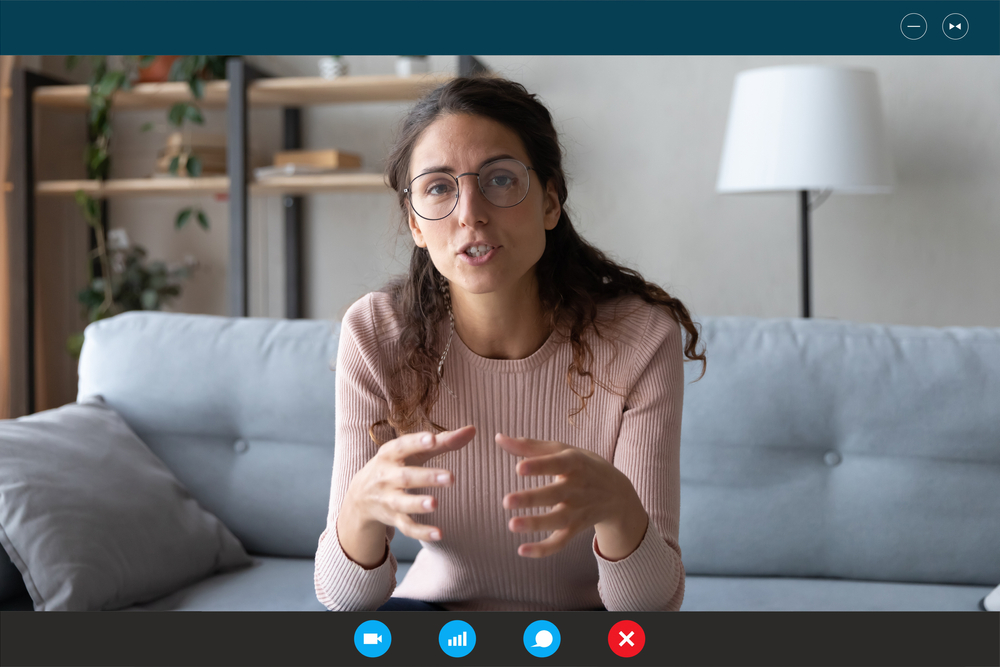Are you curious how to help your partner get help for depression? Is “double whammy” still a phrase these days? If so, this situation should be considered definitive—helping your partner to get therapy for depression.
First, we have the stigma and enigma of depression. It can be a tough disorder to identify and either way, depression is treated like other invisible disabilities. Unlike a person with, say, a broken leg, those dealing with depression are consciously and subconsciously subjected to gaslighting. “Snap out of it,” they hear—as if they are choosing to feel this way.
The second half of this particular double whammy is trying to convince your partner to do anything against their will—most of all, admitting the need for professional help.
In the case of depression, such convincing is not only good for your relationship, but it can be legitimately lifesaving.
Depression vs. Sadness
Sadness is an inescapable part of being human. It alerts us to relevant situations and helps us to recognize and appreciate joy.
Depression is a catch-all phrase for a range of diagnosable emotional disorders. It’s not unusual to witness our partners feeling down. But we must take note if that episode is recurrent, extreme, and involves symptoms like:
- Chronic hopelessness, fatigue, and worrying
- Losing interest in activities you once enjoyed
- Isolation, social withdrawal
- Thoughts of death and suicide
- Dramatic shifts in sleep or eating habits
- Feeling empty or worthless
Depression and Therapy
Medication is usually a treatment component, but any treatment program for depression will contain talk therapy. Suggesting this avenue is not controversial. You are guiding your partner into the hands of someone who will help them understand and cope with their feelings.
Depression can leave people with a sense that they’ve lost control. Experiencing this feeling is when therapy can be most effective, e.g., identifying patterns, addressing behaviors, and putting the power back into the patient’s hands.
5 Ways to Help Your Partner to Get Therapy for Depression
It’s critical to approach your partner the right way when introducing them to the idea of depression therapy.
1. Stay Supportive and Patient
Keep in mind that you might get frustrated. But, you can’t suggest depression therapy with anger or passive-aggressive tactics. Your partner could try to ignore or invalidate your input.
After all, they have a condition and are not at their best. Unfortunately, this puts the onus on you to be as close to your best as often as you possibly can.
2. Share Your Knowledge About Depression
Do your homework about all aspects of depression, and share what you learn. Do so with compassion and patience. You’re not trying to prove you are right. You are trying to save a loved one’s life. Act accordingly.
3. Share Your Knowledge About Therapy
Do not suggest therapy without knowing as much as you can about this option. This suggestion includes both general information and specifics about local options.
4. Appreciate the Role of Timing, Cost, Stigma, etc.
Quite often, it’s not the content of what you’re saying. Plenty of nuances exists. Consider where and when you choose to talk. Gauge your tone. Hone your listening skills. Validate your partner’s concerns about time, cost, and societal stigma.
5. Lead By Example
Many people may correctly view therapy as something you consider in time of personal crisis or need. But that is far from what treatment is and can be. In this specific case, it can:
- Empower you to lead by example.
- Help you cope with the stress of having a partner who is dealing with depression while teaching you new approaches for convincing your partner to try therapy.
How’s that for a double whammy?
Begin Depression Treatment in Scottsdale, Phoenix, and online in all of Arizona
Depression—in yourself or a partner—is never to be taken lightly. The process of finding a counselor to help you both begins with a phone call. Our team of caring therapists would be honored to support you in taking the next step to address your depression symptoms. We have offices throughout the Valley of the Sun including Phoenix, Anthem, Scottsdale and online. Start your therapy journey with Crossroads Counseling, please follow these simple steps:
- Contact Crossroads Counseling for a complimentary 20-minute phone consult
- Meet with a depression therapist
- Start addressing the symptoms affecting you most
Our offices are located throughout the valley with counseling centers located in Phoenix, Anthem, and Scottsdale. Call us at 623-680-3486,text 623-688-5115, or email info@crossroadsfcc.com. We offer a complimentary 20-minute phone consultation to answer your questions and better understand how we can help you.









